Winning the war against stealthy pathogens
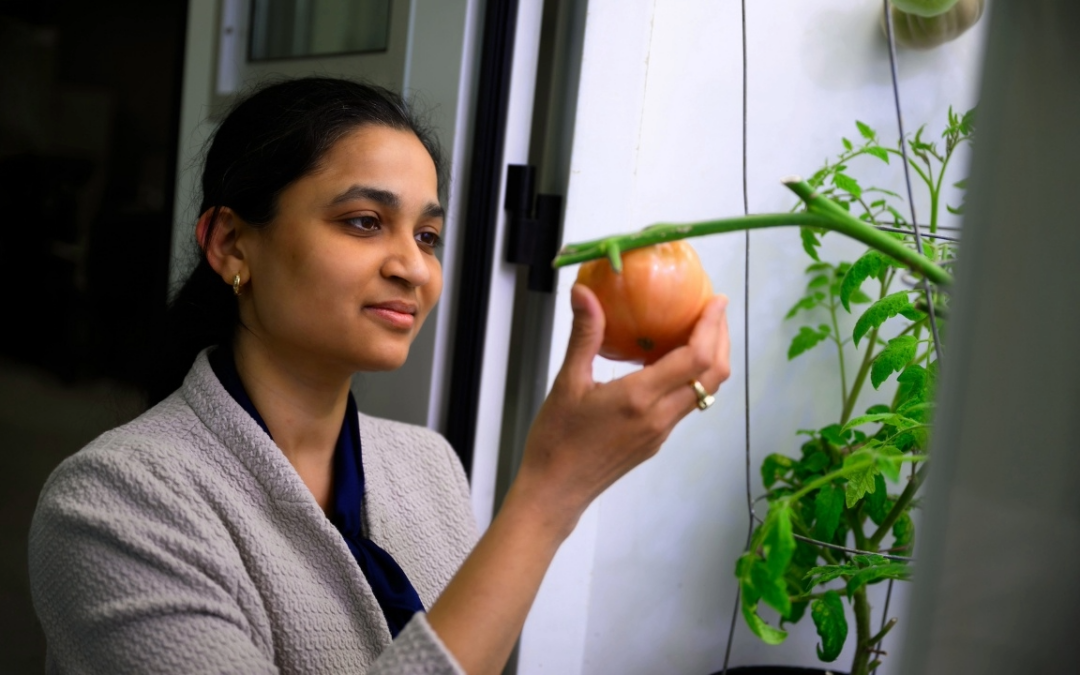

Sign up for free below to receive College of Agriculture news and the latest issues of The Season Magazine.

Winning the war against stealthy pathogens
Auburn University Professor Charles Chen was recently recognized for outstanding contributions to his field of peanut breeding and genetics. At the 57th annual meeting of the American Peanut Research & Education Society (APRES) July 15-17 in Richmond, Virginia,...
Auburn University’s Biosystems Engineering faculty and students garnered high honors and awards recognition through a prestigious international organization. Earlier this month, the American Society of Agricultural and Biological Engineers (ASABE) and their...
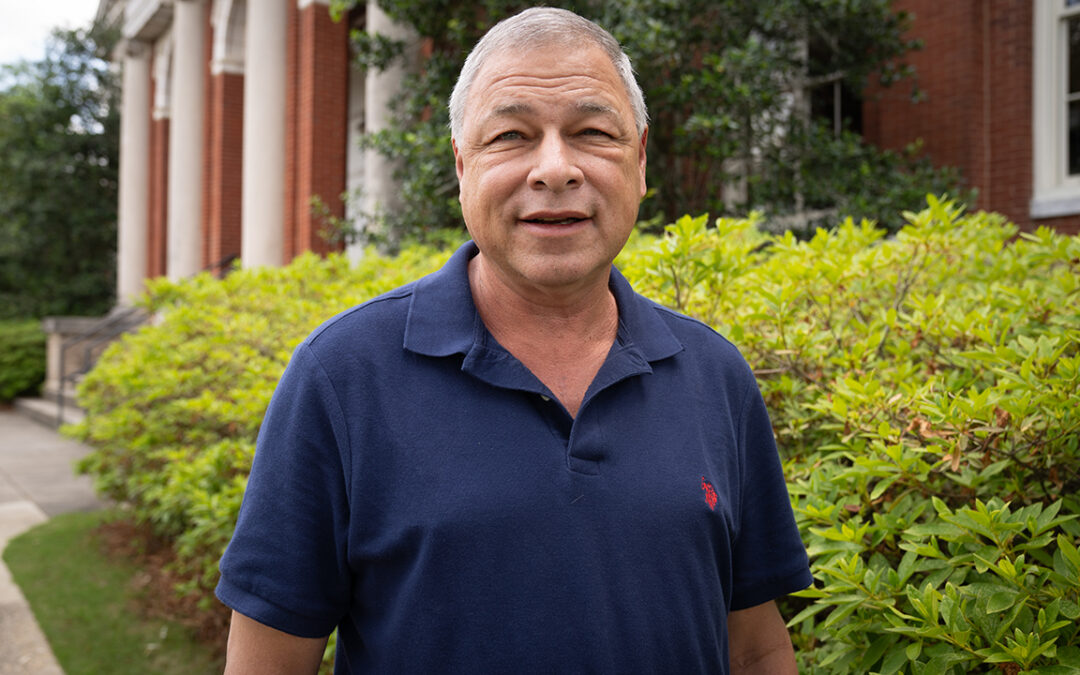
William Batchelor has been tapped as the new director of the Auburn University Water Resources Center, effective immediately. As director, he will lead a team of...

Sudhanshu Kumar, a Ph.D. student in the Hydroclimate Research Group within the Department of Crop, Soil & Environmental Sciences, has been selected for the 2025...
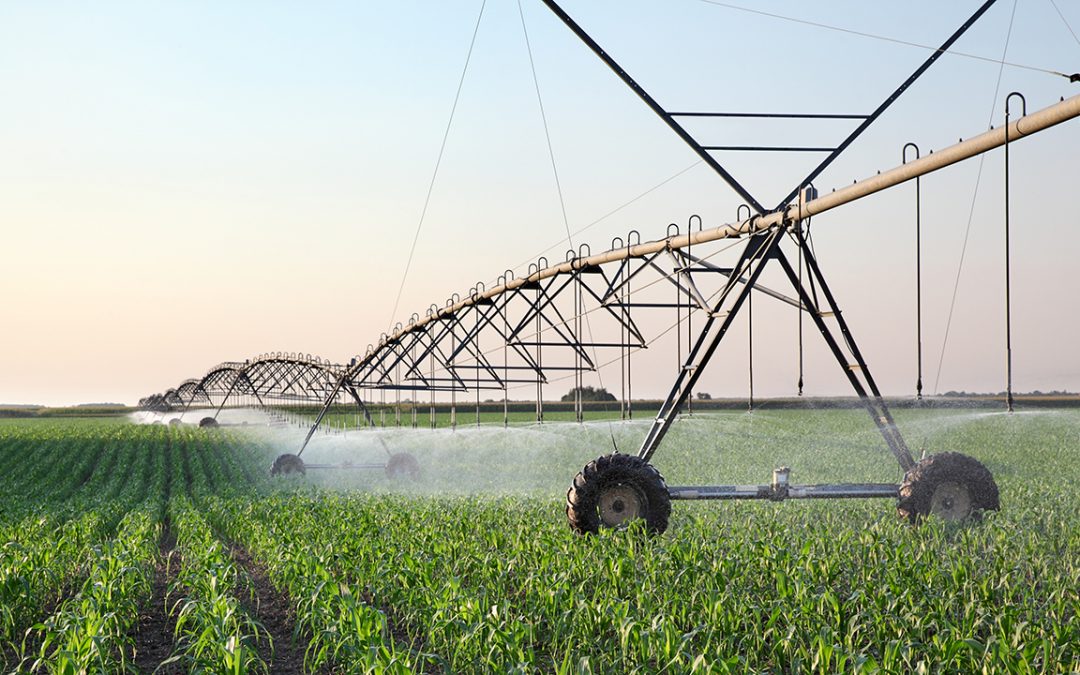
New model to help farmers make better investment decisions By Danielle Lunny Alabama farmers considering investing in irrigation equipment will soon have a free,...
By Office of Agricultural Communications and Marketing / Nov 7, 2017 10:10:00 AM Abbie Adcock Cuny (BA poultry science ’14) works with Chick-fil-A Inc. in the supplier quality and safety division as a liaison between Chick-fil-A operators and poultry suppliers. She...
By Office of Agricultural Communications and Marketing / Nov 7, 2017 10:06:28 AM Jay McCurdy (PhD agronomy and soils ’13) has been named recipient of the Crop Science Society of America’s 2017 Early Career Award for making significant contributions to the field within...
By Office of Agricultural Communications and Marketing / Nov 7, 2017 10:02:27 AM Casey Whitaker (BS ag communications ’14) is communications manager for the Arlington, Virginia–based Animal Agriculture Alliance, an industry organization that helps bridge the...
By Office of Agricultural Communications and Marketing / Nov 7, 2017 9:45:29 AM Sarah Frederick Henson, (BS animal sciences ’05) released her debut novel, “Devils Within,” in October. She is an attorney who recently joined the firm of Grace, Matthews and Debro LLC in...
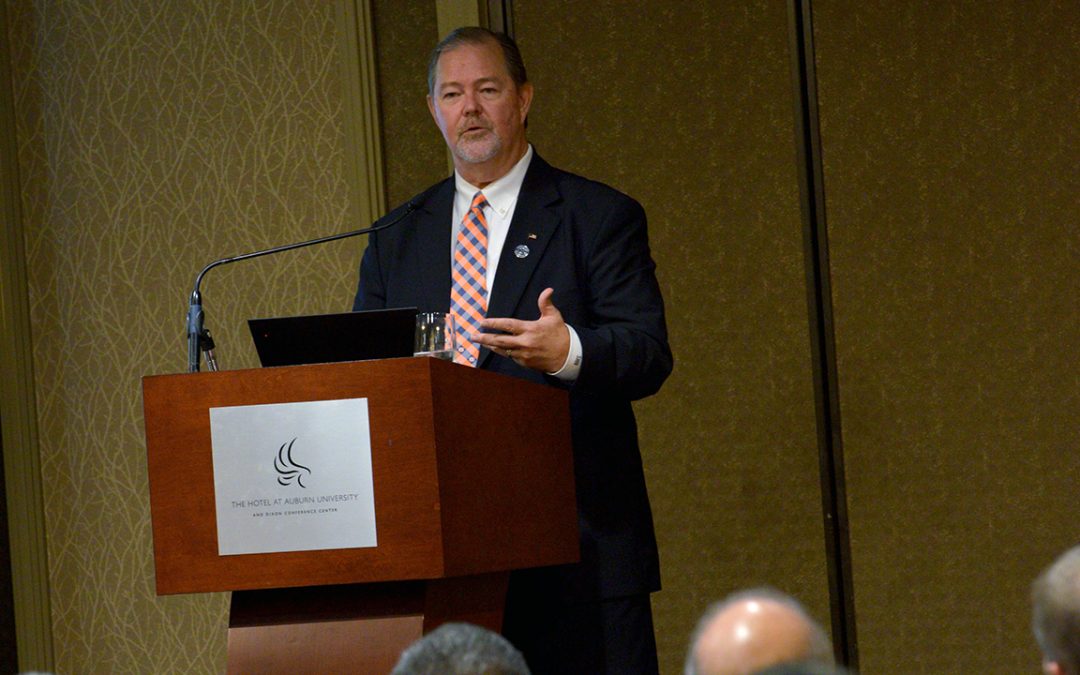
The Auburn University College of Agriculture’s E.T. York Distinguished Lecturer Series will present U.S. Department of Agriculture Deputy Undersecretary Scott Hutchins as the Fall 2019 York Lecturer Thursday, Sept. 26, in Auburn. In the lecture, set for 4 p.m. in the...
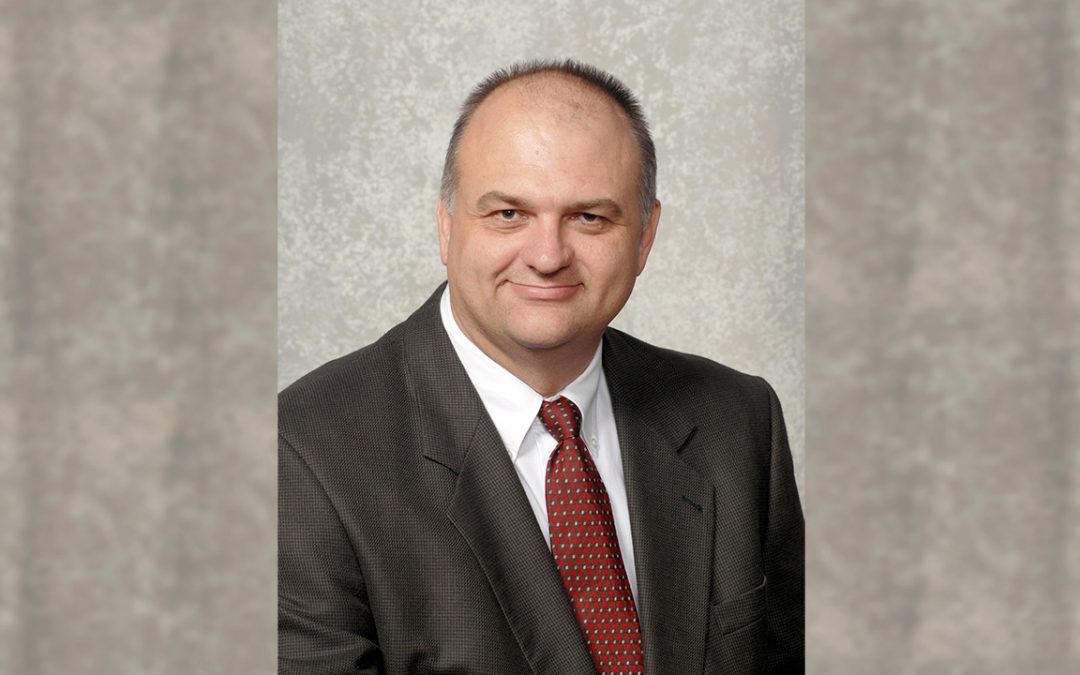
Bill Dozier new poultry science department head, Miller Center executive director at Auburn University, AL
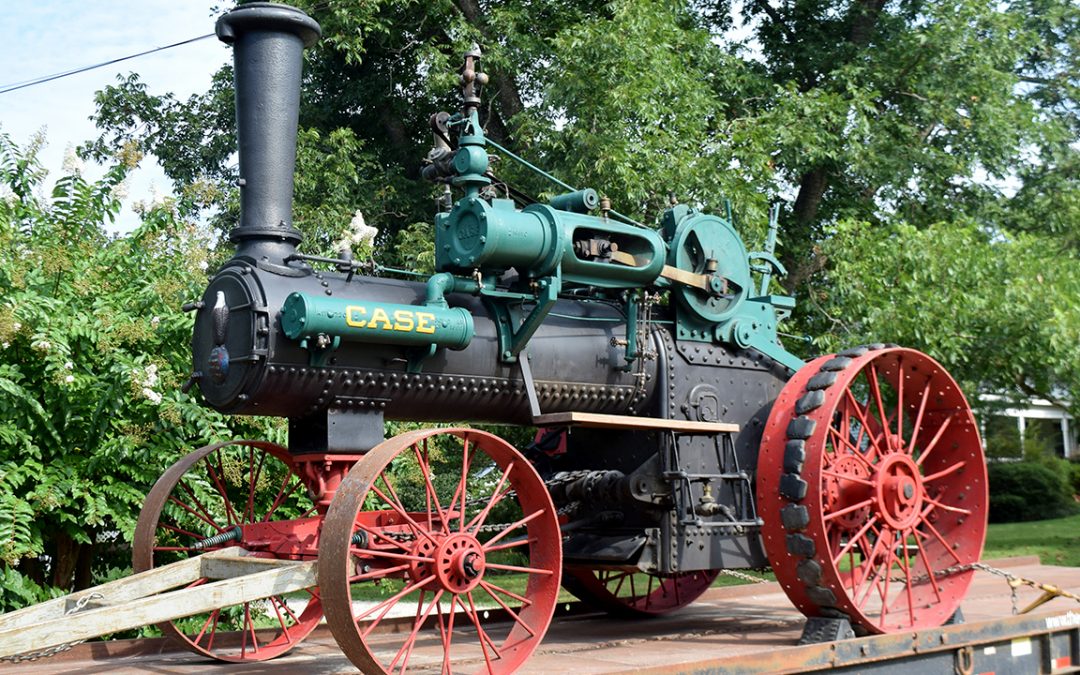
Old Nancy, a 1905 Case steam traction engine that had been on loan to Auburn University for more than four decades, has a new home inside the Museum of East Alabama in Opelika.
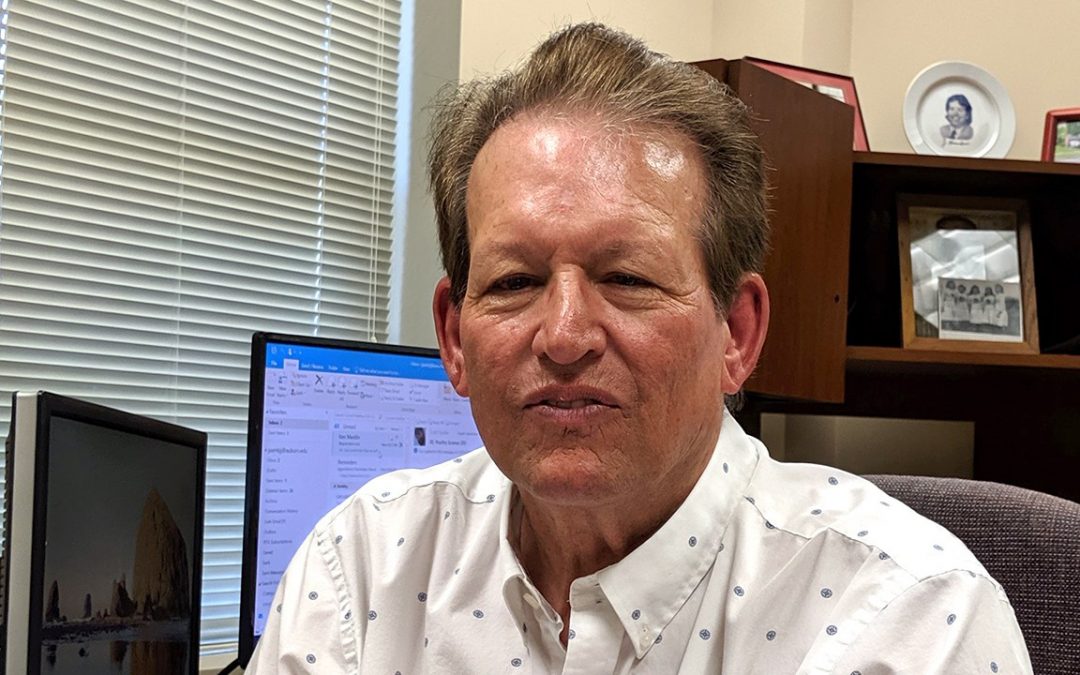
Auburn poultry scientist Joe Giambrone receives high honor for poultry disease research
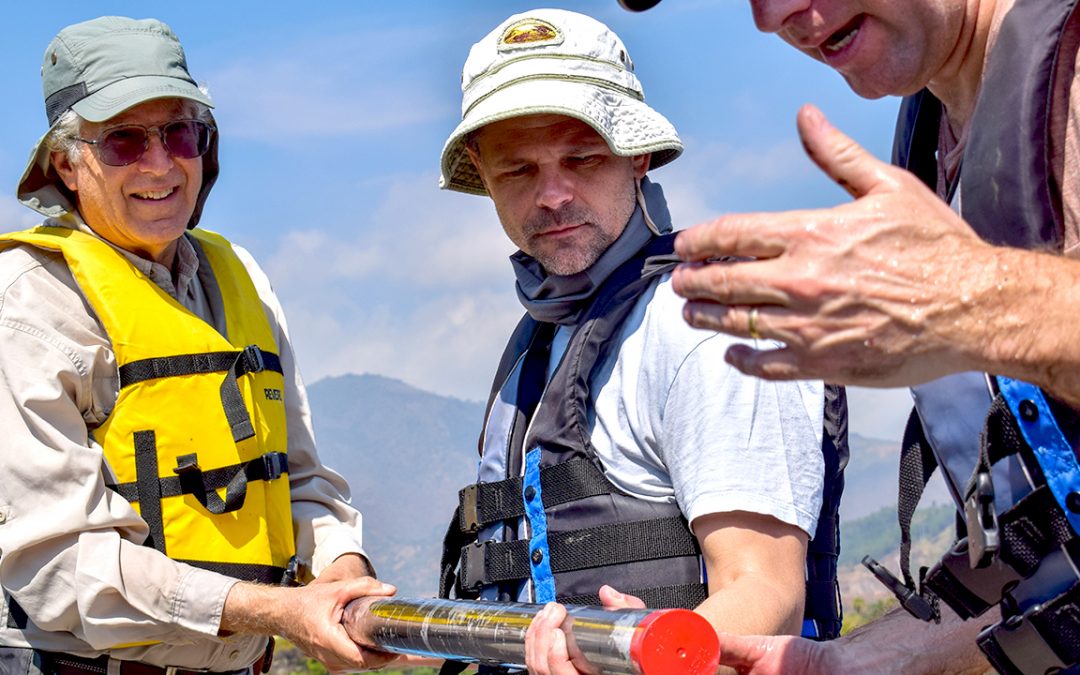
As Nat Geo Explorer, Auburn’s Waters probes polluted lake’s past through sediment
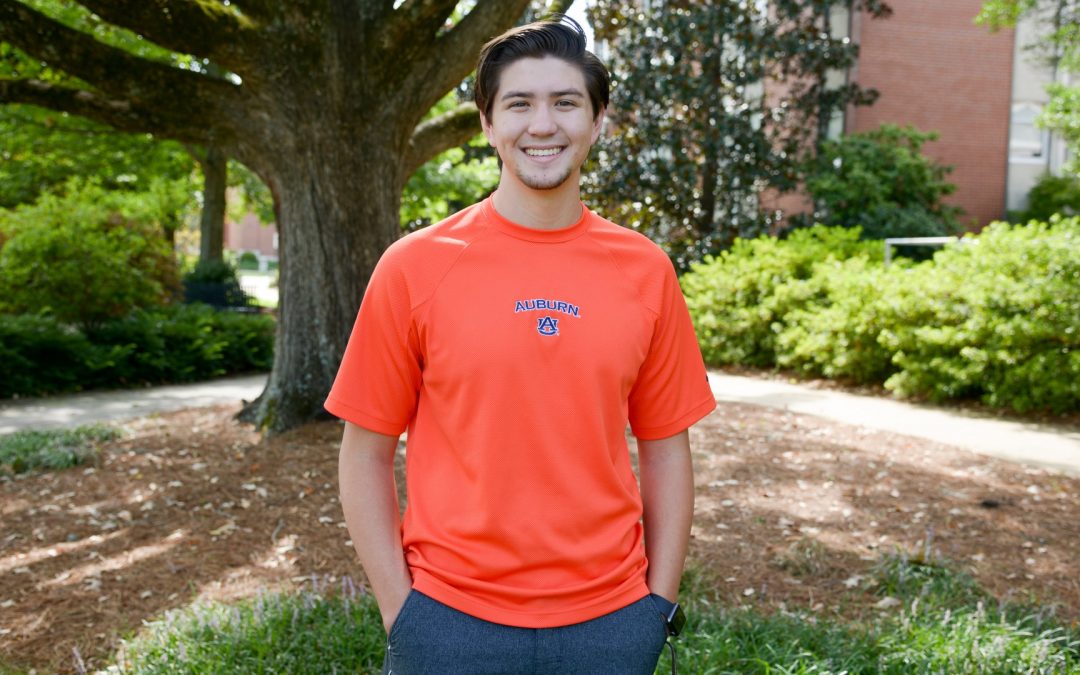
Auburn university crop & soil sciences undergrad claims four first-place wins in WSSA’s 2019 WeedOlympics
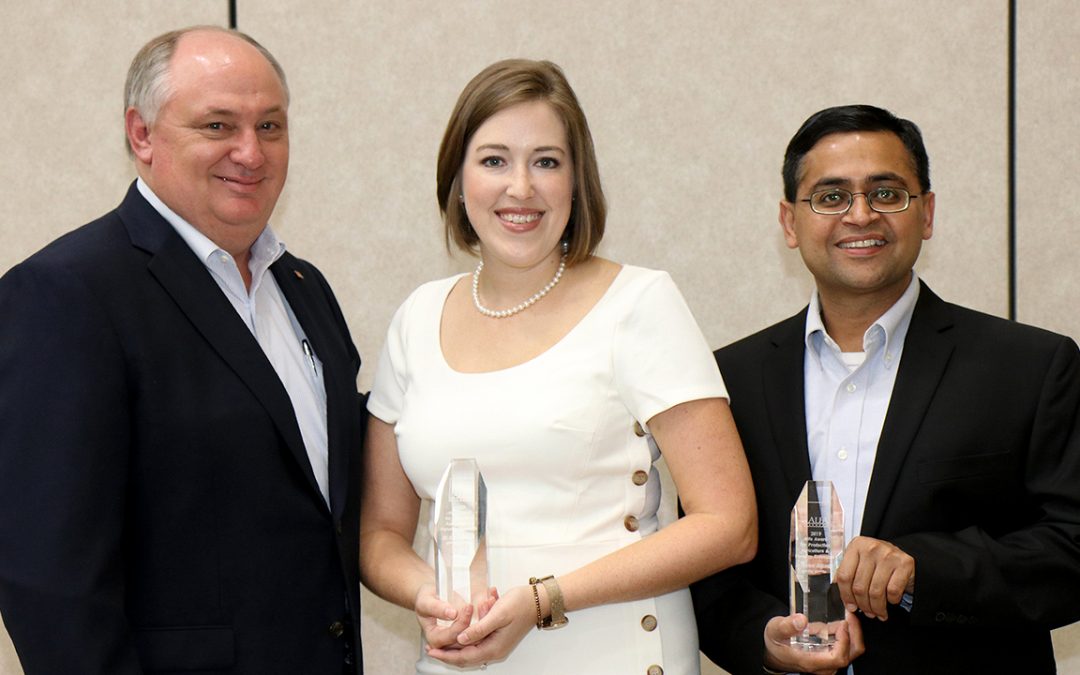
Auburn extension specialists Kim Mullenix & Ayanava Majumdar were honored for their work at the Alabama Farmers Federation Aug. 1.
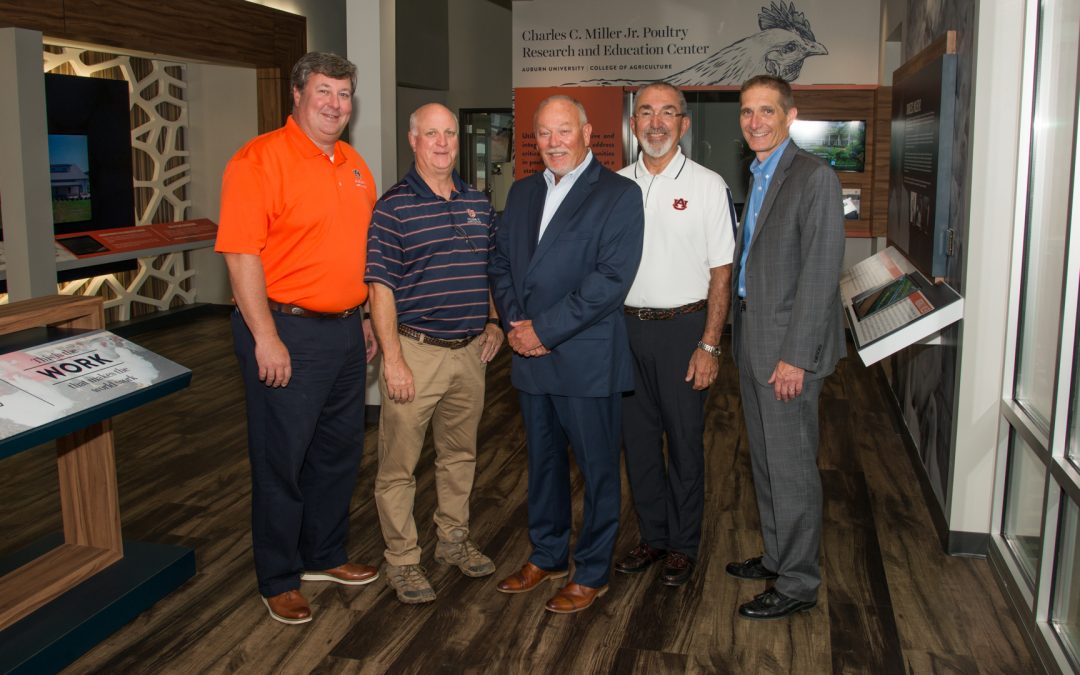
Marel Poultry donates a processing system to Auburn University’s Miller Center in Alabama, USA. Essential to poultry processing research.
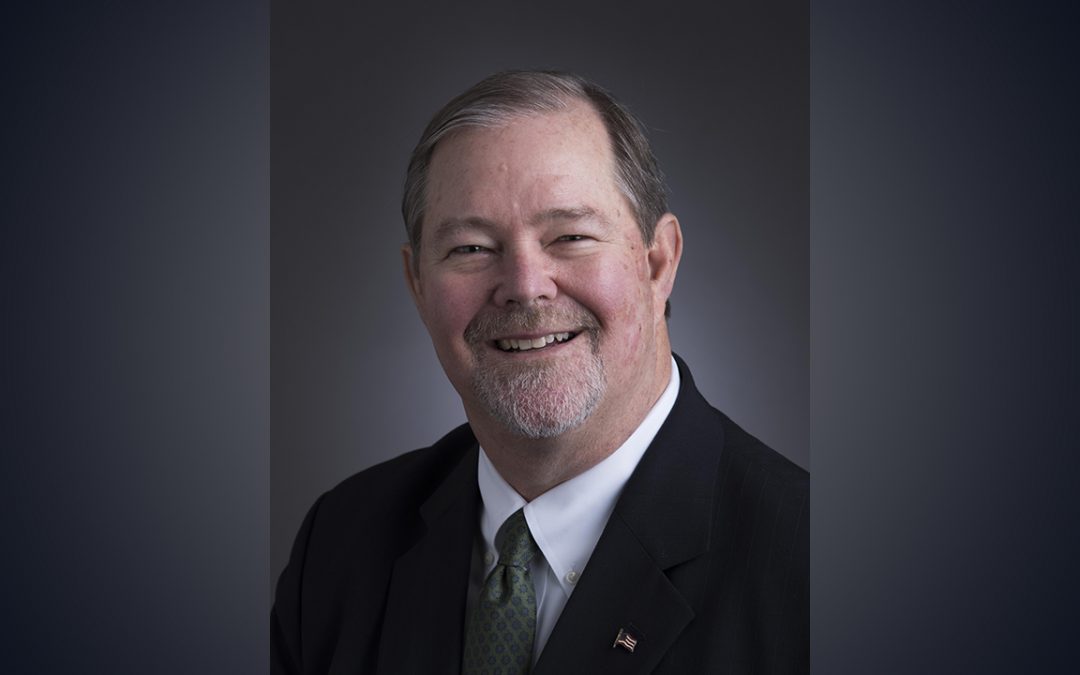
Auburn University’s College of Agriculture will host USDA deputy under secretary Scott Hutchins for its York Lecture Series Sept. 26.
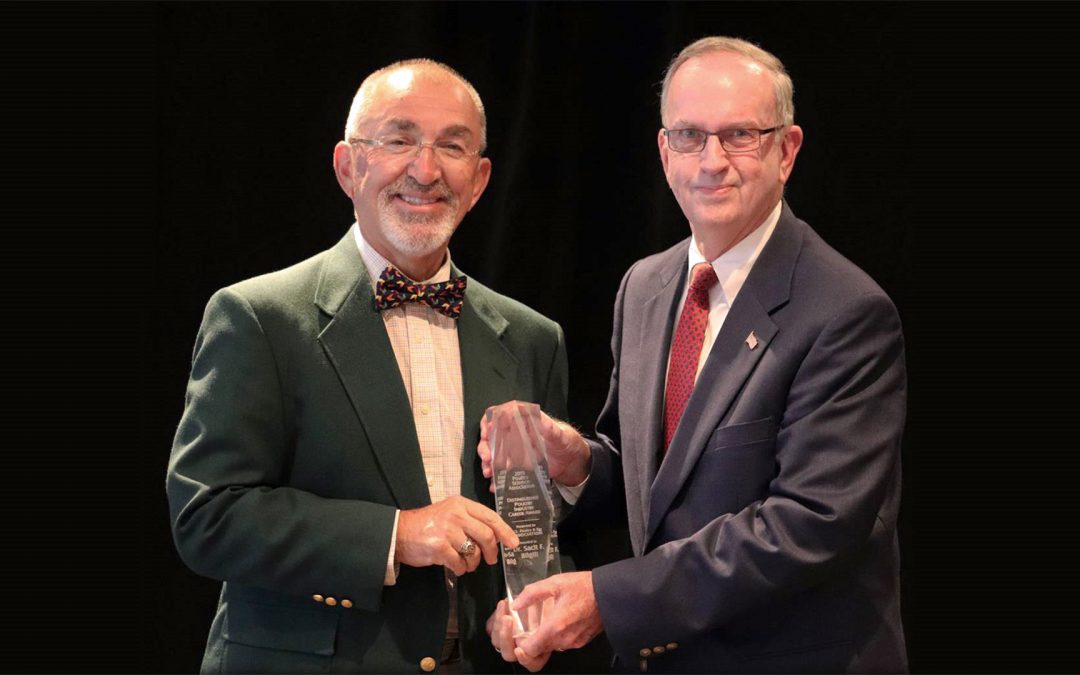
Auburn poultry scientist Sarge Bilgili accepts 2019 Poultry Science Association Distinguished Poultry Industry Career Award
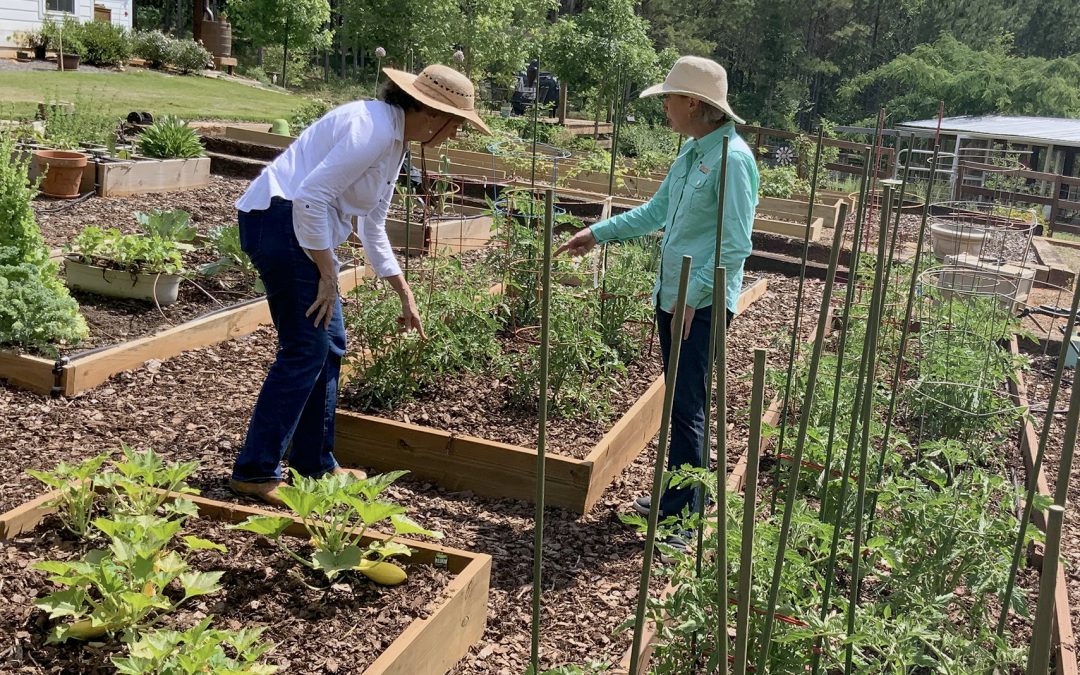
Horticultural experts at Auburn University are part of an innovative health study that uses gardening as a cancer intervention.
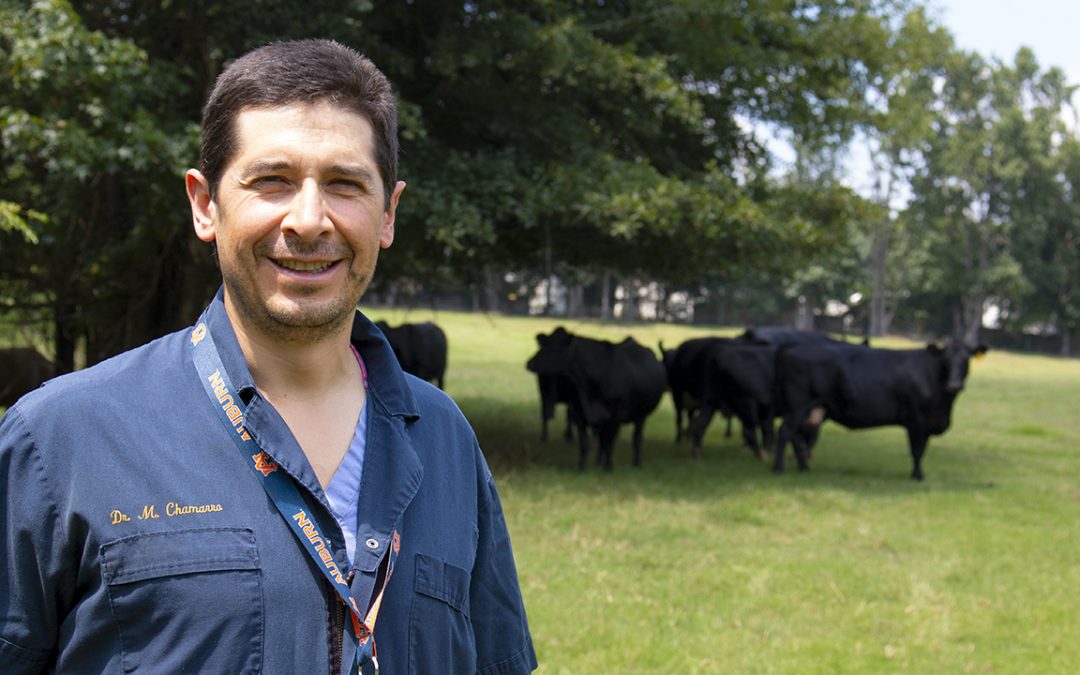
AAES researcher Manuel F. Chamorro, assistant professor of food animal medicine and surgery in the College of Veterinary Medicine, is working on a PAR initiative to help fight the leading cause of death in nursing beef calves older than three weeks of age.

USDA under secretary cites Auburn research in Senate testimony
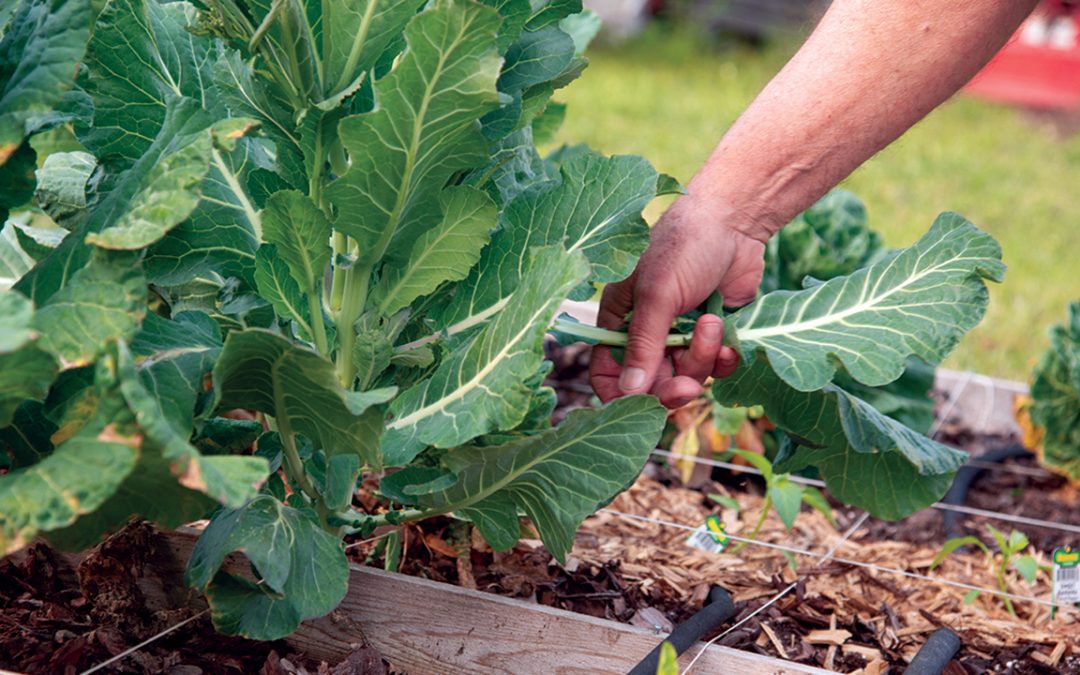
The tools for fighting cancer: how gardening has become a wellness practice
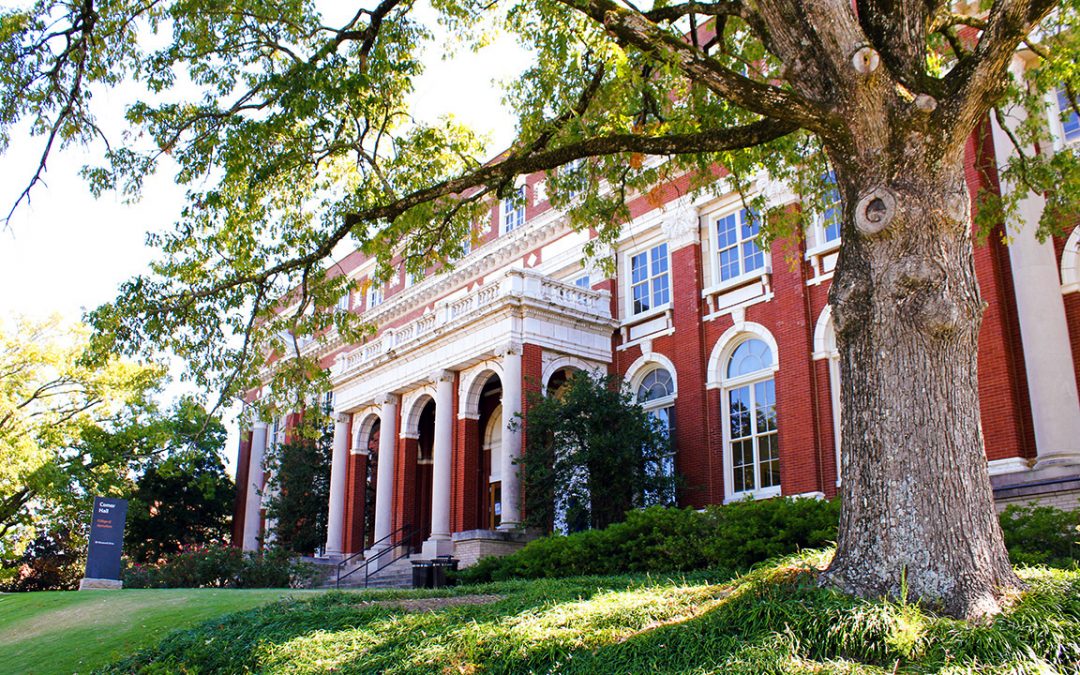
Biosystems engineering represented well at ASABE international meeting
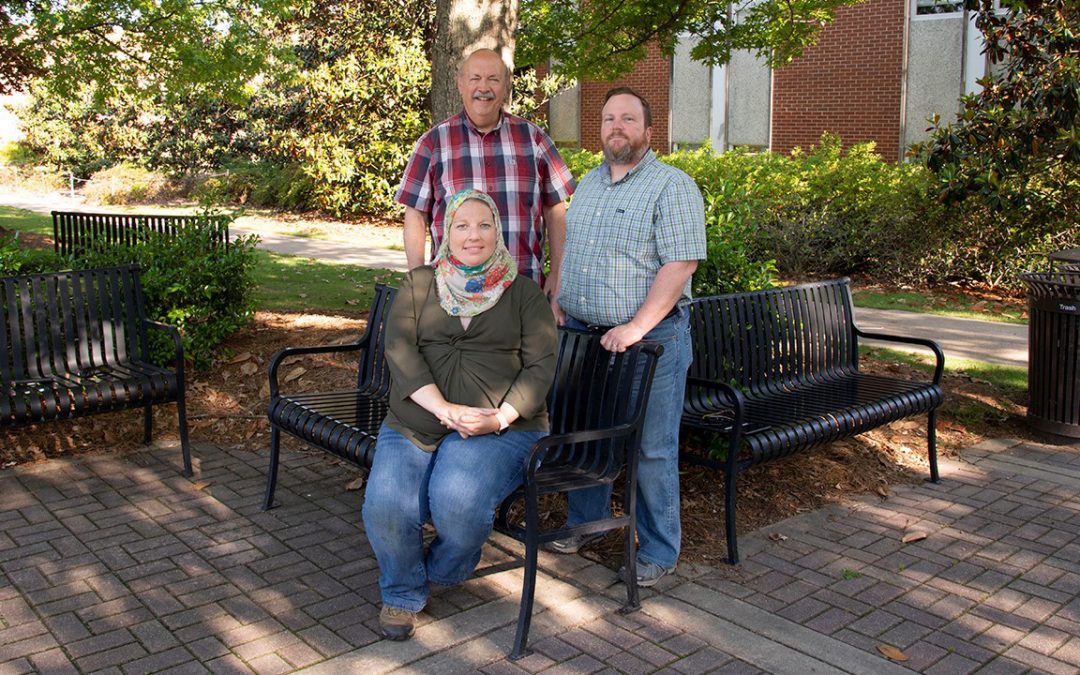
Auburn University researchers are examining the use of beneficial bacteria as an alternative to nitrogen on bermuda grass hay.
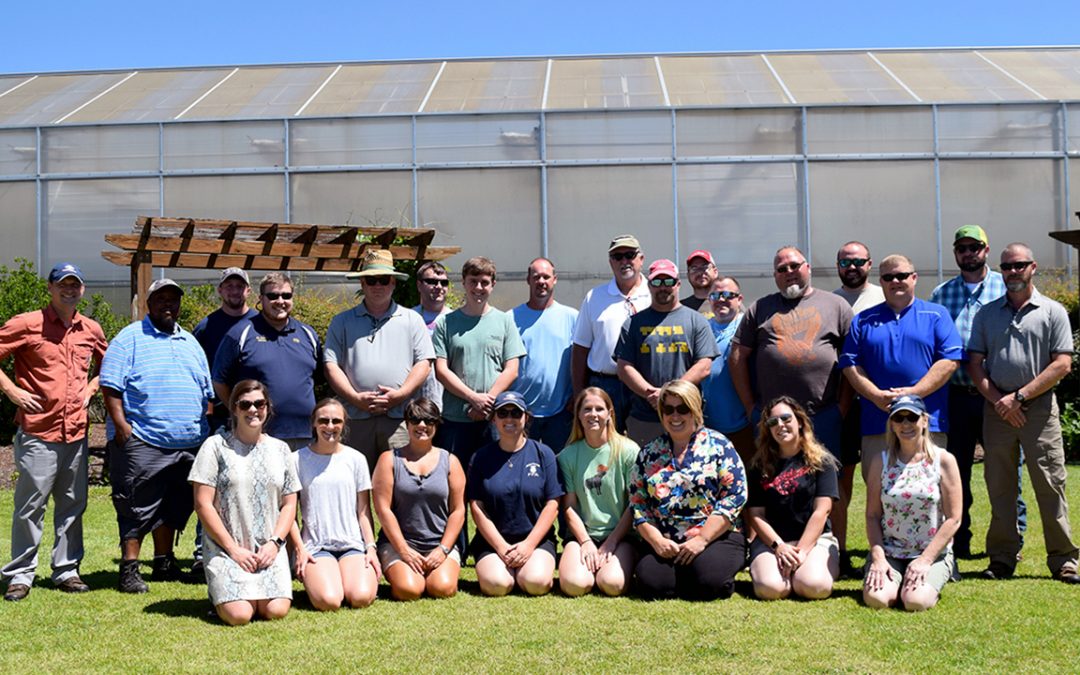
Horticulture department hosts workshop for Alabama agriscience teachers at Auburn
The page you requested could not be found. Try refining your search, or use the navigation above to locate the post.